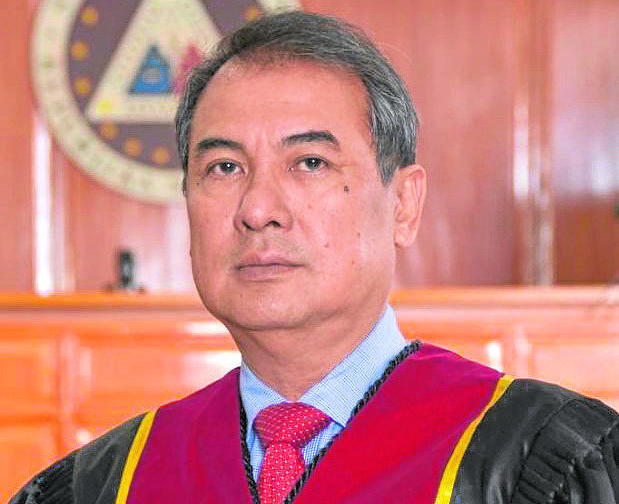MANILA, Philippines — Chief Justice Alexander Gesmundo announced that the conduct of court proceedings by video conferencing will continue even after the end of the COVID-19 pandemic in line with efforts to make the Judiciary more “technology-driven.”
The Chief Justice announced this at the Philippine Bar Association’s (PBA) 130th Foundation Day and Law Day Celebration on Sept. 9.
“In line with our efforts towards a technology-driven Judiciary, we have decided to allow the conduct of all court proceedings through videoconferencing even after the end of the pandemic,” said Gesundo.
“The SC Committee on Virtual Hearings and Electronic Testimony is now working on the rules,” he added.
Gesmundo then urged the PBA to “help lead the way” as the Supreme Court advances these innovations across the entire Judiciary.
“In particular, I hope the PBA can lend its resources, expertise, and networks to raise awareness about the reforms we are pursuing,” he said.
He also urged the PBA to “push for both the adoption of these reforms in the judiciary,” and the “adaptation of your peers in the profession to innovations and technological advances.”
“I urge you to invest in the skills and resources needed to enable the shift that we envision,” said Gesmundo.
He then acknowledged the reforms will not be easy but stressed that the judiciary together can
“Together, we can usher in the new standard of justice in real-time — and in doing so, cultivate a wider, deeper, fuller adherence to the rule of law in our country,” said Gesmundo.
Gesmundo said the conduct of virtual court proceedings is in line with the High Court’s Strategic Plan for Judicial Innovations 2022-2027 (SPJI), which Gesmundo said, “weaves together the many different ideas, aspirations, plans, and proposals of the Court En Banc for the pursuit of one overarching goal: The delivery of justice real time.”
According to Gesmundo, the SPJI is a strategy driven by an Innovation Agenda that aims to review and evaluate the administrative setup and operations of the various Judiciary offices as well as create and establish an information and communications technology infrastructure for the Philippine Judiciary.
Three results are sought after; efficiency, innovation, and access, based on four guiding principles; timely and fair justice, transparent and accountable justice, equal and inclusive justice, and technologically adaptive management.
RELATED STORY: CJ Gesmundo vows to speed up resolution of court cases
